Grant Budget Development
Originally recorded November 25, 2021
Fleur Macqueen Smith and Rhonda Taillon discuss preparing grant budgets. Topics include who you can pay, budget categories, staff and student compensation, materials, supplies and services, and travel. They also touch on how to write budget justification documents and what you're able to do once funding has been awarded.
2021 Writing Retreat (Nov 8-10)
Writing A Well Argued Paper
Originally recorded November 8, 2021
Jill McMillan, Graduate Writing Specialist, University Library, USask During this workshop we will review the elements of an academic argument, distinguish between claims and facts, and engage with counterarguments to help strengthen our stance.
Jill McMillan is a Learning Specialist with the University Library. She primarily supports graduate students, helping them to become more confident and effective writers.
Developing an Edited Collection with a University Press
Originally Recorded November 9, 2021
Dr. Nanvy Van Styvendale (University of Alberta), and Jade McDougall (Lecturer, First Nations University and PhD Candidate, USask), Dr. Robert Henry (USask), Dr. Robert Innes (McMaster University)
Co-editors of The Arts of Indigenous Health and Well-Being participate in a question and answer session on developing an edited collection with a university press. Editors speak to the process and to what you need to know as a graduate student contributor or graduate student editor.
2021 Annual Gathering Lunch and Learn
Ones who never came back: Building bridges of understanding with a transgenerational family approach
Originally recorded August 24, 2021
Suicide and Intergenerational Transmission of Trauma: Some Political Roots of Suicide.
The effects of unresolved trauma can be carried across generations through different pathways: psychological, physiological, cultural, social. In this video Dr. D'Aragon concentrates on the psychological level, with a focus on how individual development, conjugal relationships and family dynamics can be burdened by the consequences of “unresolvable, colonization related” traumatic losses in prior generations.
This presentation looks at a few situations where a family is affected by suicide today while having lost a family member through institutions like hospital, residential school or lack of justice two, three, four generations ago. These are situations where families were left uninformed and powerless: the acknowledgment of their loss often denied and the context to allow bereavement stolen from them.
We will describe few family interventions referring to a Transgenerational Analysis Model as part of a team process involving individual, family, extended family and community.
Normand D'Aragon has been working as a registered psychologist in Quebec since 1983. He has been involved as a practitioner and trainer in a number of First Nations and Inuit communities of Northern Quebec for over 25 years. In his clinical practice with persons at risk of suicide or families struggling with traumatic grief, he has been using a transgenerational analysis model taking into account the family history in its social, cultural and political context.
Human Ethics at the University of Saskatchewan
Originally recorded August 26, 2021
All research projects at the University of Saskatchewan that involve human participants require approval from either the Biomedical or Behavioural Research Ethics Boards. Nick Reymond presents on seeking approval from the Boards. This presentation includes advice about how to answer questions and observations about common mistakes.
Nick Reymond has served as the Behavioural Research Ethics Specialist at the University of Saskatchewan since February 2018. Previous to that he was the Ethics Team Leader at the University of Auckland.
Past Workshops and Webinars
Indspire: Rivers to Success
September 30, 2020
Are you a First Nations, Inuit, or Métis high school student who’s facing graduation and would like some extra help & guidance? Or are you a First Nations, Inuit, or Métis post-secondary student who wants to stay connected to your culture while getting some good tips for thriving in post-secondary life – and making the jump to the working world after graduation? If this sounds familiar…we’ve got a program for you!
Rivers to Success is a mentorship-focused program whose three streams feature cultural resources, customized resources, and matching with a mentor or mentorship group to give you good guidance no matter where you are on your learning journey. It’s absolutely free, the sign-up is quick and easy – and you can start right away.
Go to www.indspire.ca/rivers to sign up! We can’t wait to meet you. :)
Building Your Academic CV
September 22, 2020
Dr. Caroline Tait shares her tips for graduate students and new investigators on building your academic CV to give yourself a competative edge during your job search, in applying for grants, and more.
Indspire: Building Brighter Futures
September 23, 2020
With the support of its funding partners, Indspire disburses financial awards, delivers programs and shares resources with the goal of closing the gap in Indigenous education. Building Brighter Futures provides Indigenous students with the support they need to achieve their greatest potential. Our goal is to make Indigenous students’ post-secondary dreams possible. This presentation will walk you through the application process - including how to fill out the budget, necessary documents,
On average, the award amount for 2019-2020 recipients was over $800 higher than last year. This means more money goes to individual First Nation, Inuit and Métis students to help with their education. Building Brighter Futures‘ funding model is unlike any other in the country, wherever possible funds are awarded to a student to use as they wish – tuition, childcare, food, cultural support, shelter, travel, etc.
Learn about the application process, creating a budget, necessary documents and ask any questions you have!
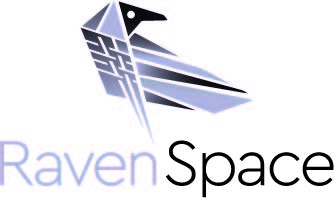
Publishing as Knowledge Sharing in the Digital Age
Friday, April 17, 2020
Facilitated by mentor: Darcy Cullen, UBC Press
Digital technology has changed the way we communicate and share knowledge. Collaboration, new media, digitized archives, interactive maps, and digital storytelling are part of a researcher’s toolkit. What does that mean for publication? Join us for this webinar about RavenSpace, a new model of scholarly publishing designed Indigenous studies in a digital age, and what it means for you.
Check out RavenSpace here.
Indigenous disaster and emergency management: do past disasters give insight into the Covid-19 pandemic?
April 9, 2020
Facilitated by mentor: Dr. Simon Lambert
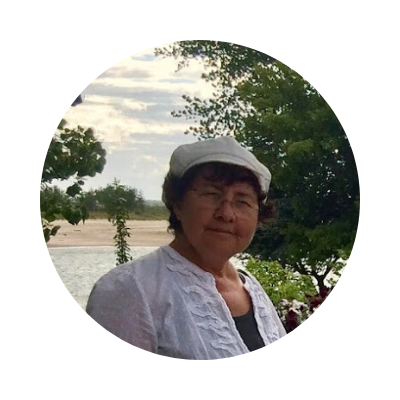
Accessing University Library Resources Remotely
April 30, 2020
Mentor Deborah Lee, Indigenous Studies & Community Initiatives Librarian as she shares information on researching remotely and the tools available through the University Library website.
Grant Writing Webinar
April 3, 2020
10 am - 12 pm CST
Facilitated by mentor: Dr. Caroline Tait
This workshop is open to researchers, including graduate students and postdoctoral fellows interested in designing a research grant in partnership with First Nations, Métis, and Inuit partners. It is the first in a series of workshops on grant writing, research management, and knowledge dissemination hosted by the Indigenous Mentorship Network and the First Nations and Métis Health Research Centre.
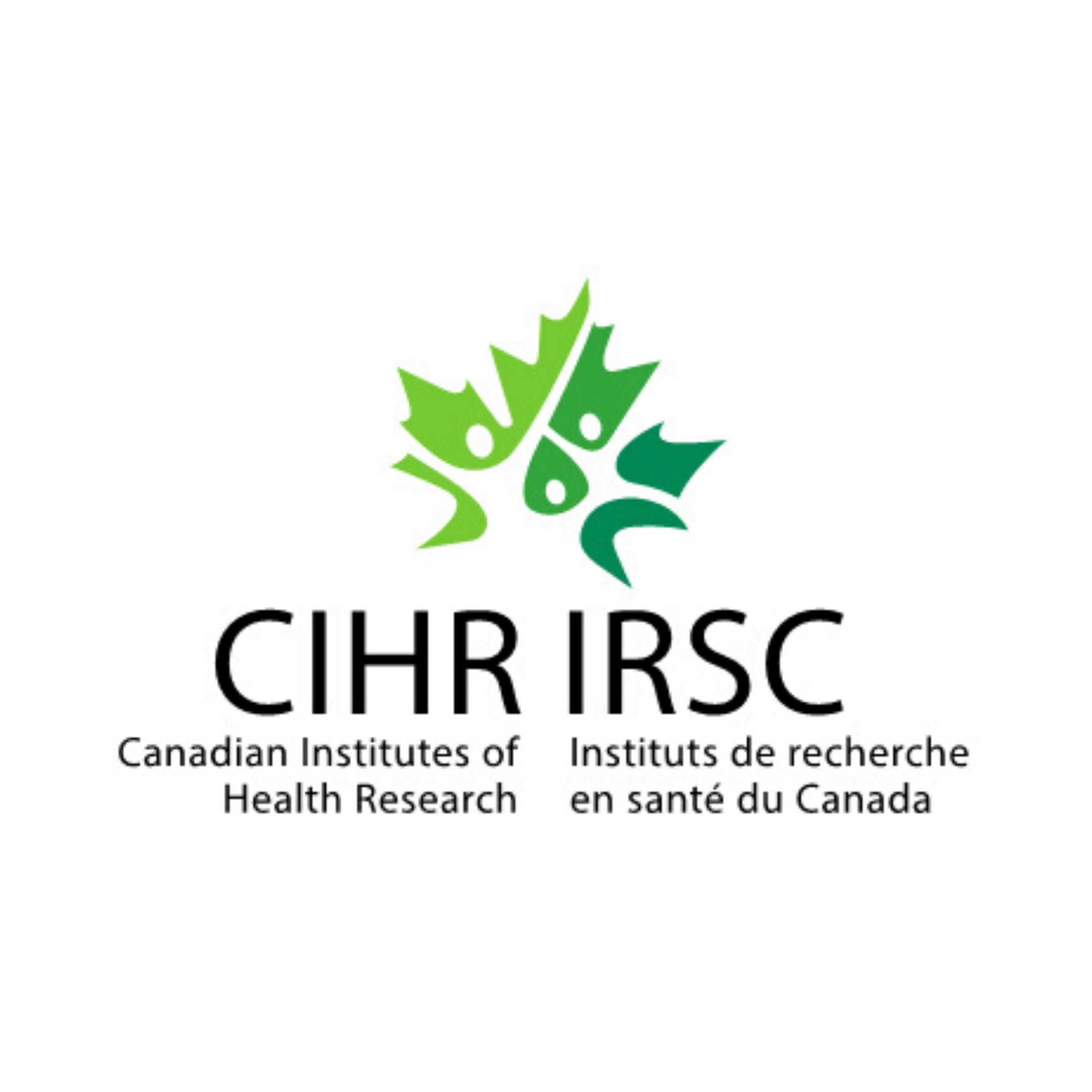
CIHR Webinar
Tri-Agency and CIHR Funding Opportunities for Trainees
September 9, 2019 - English Language Webinar
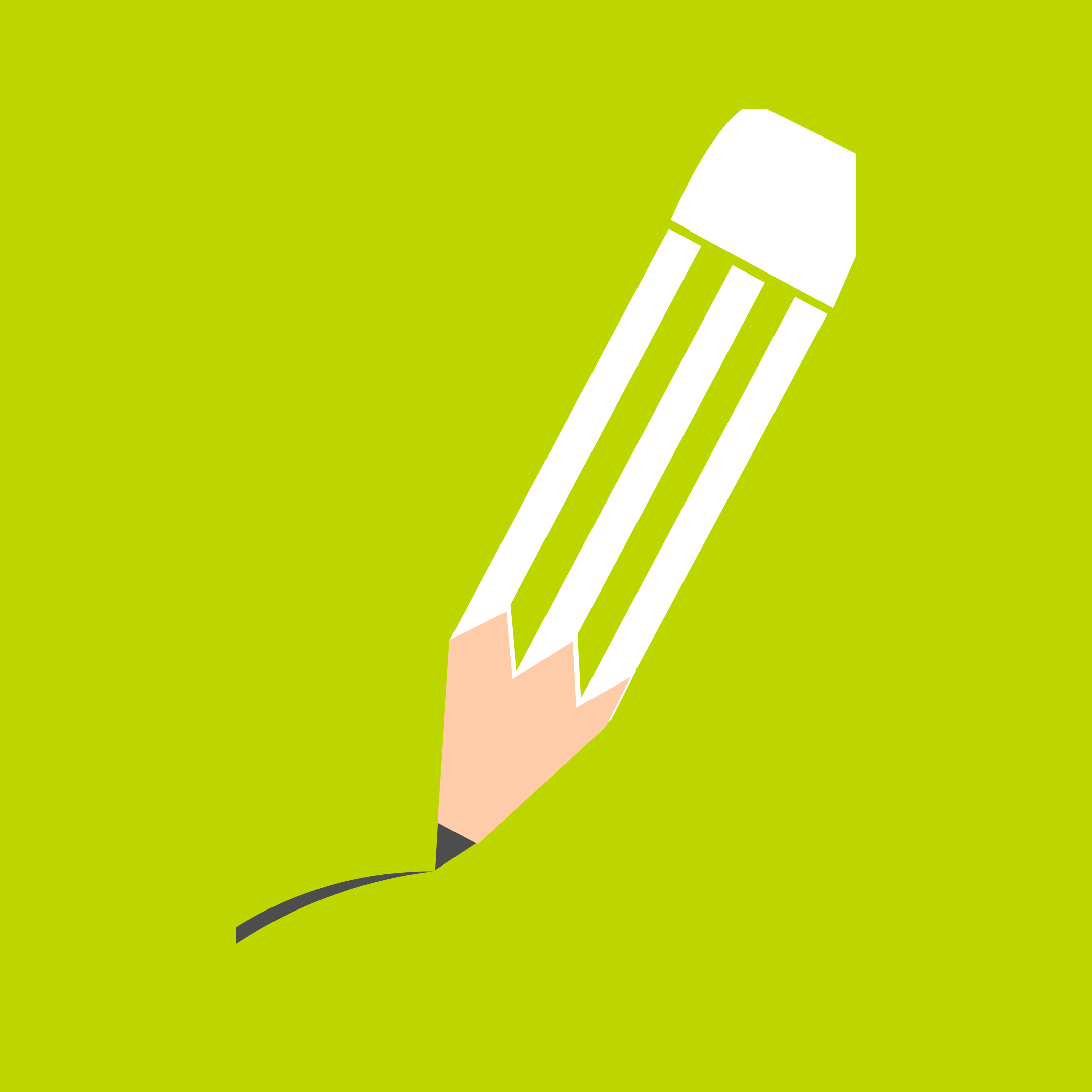
How to write a successful conference abstract
Mentor: Dr. Robert Innes (Indigenous Studies)
October 4, 2019
This workshop went over dos and don'ts for students applying to present at academic conferences, in particular the Native American and Indigenous Studies Association (NAISA) conference.
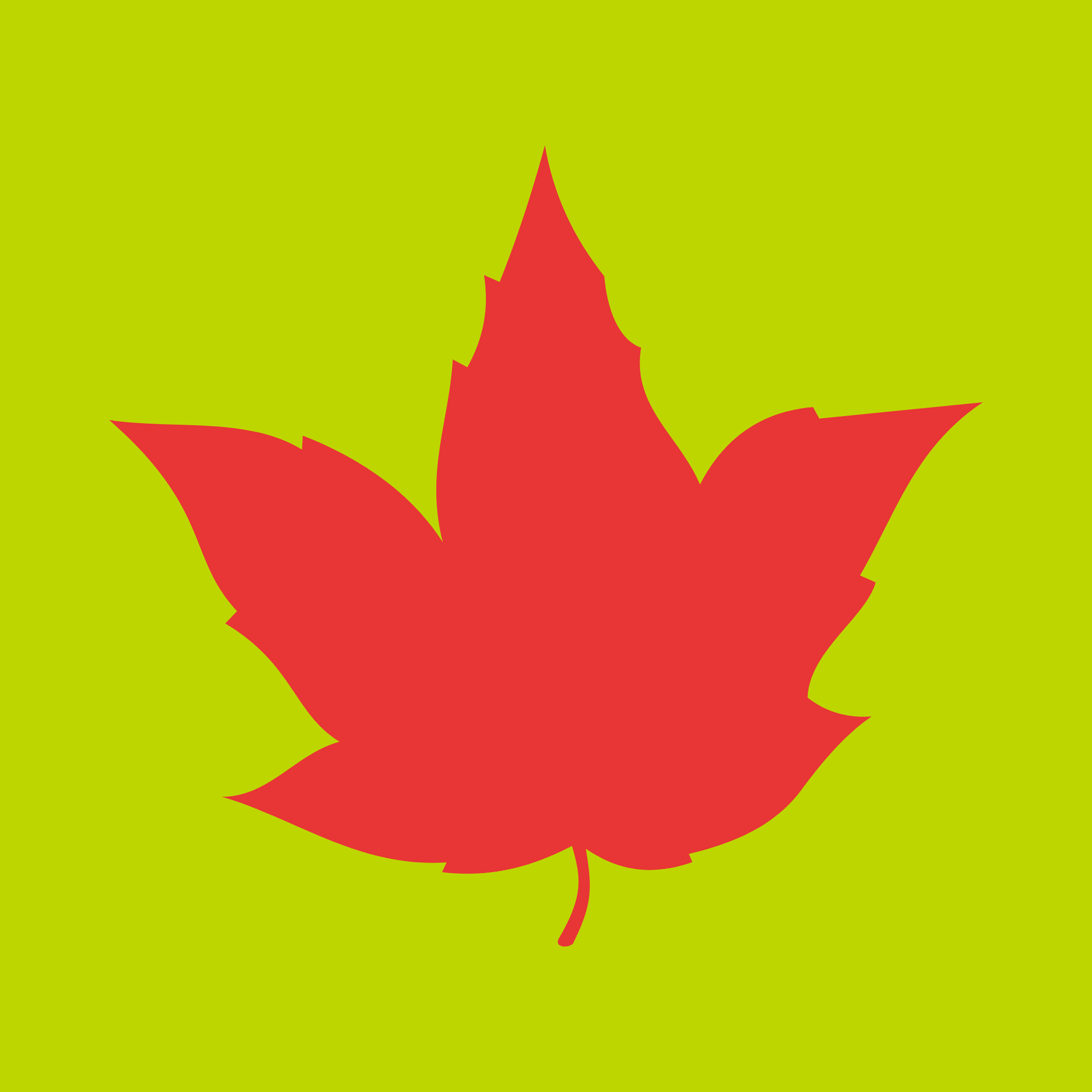
Intro to the Canadian Common CV (CCV)
The University of Victoria has put together slides on how to create your Canadian Common CV. This CV account is necessary when applying for many tri-council awards including CIHR Travel Awards, Masters scholarships, and is commonly used in research grant applications.

Nuts and Bolts in Academic Publishing: A How-to for Faculty and Graduate Students
Mentor: Dr. Ranjan Datta (JSGS)
November 1, 2019
11:00 AM-1:00 PM
Health Science E2330
Indigenous Epidemiology: Counting What Counts
The Indigenous Mentorship Network of Ontario at Western University presents a webinar by Dr. Jennifer Walker on Indigenous Epidemiology.
Mentor: Dr. Jennifer Walker
February 7, 2020
Webinar hosted by IMN-O
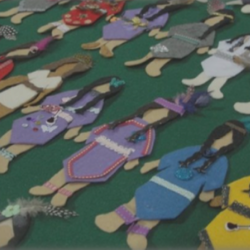
Faceless Dolls Workshop
March 11, 2020
2:00 pm | Gordon Oakes Red Bear Student Centre
Facilitated by Beverly Fullerton, Elizabeth Fry Society
Hosted by the Division of Social Accountability, the Indigenous Admissions Program and the Saskatchewan Indigenous Mentorship Network.
The Faceless Dolls project, launched by the Native Women’s Association of Canada, aimed to raise awareness about the epidemic of missing and murdered Indigenous women and girls. Thousands of Canadians have participated in these hands-on workshops since 2012. Everyone is invited to come and hear the Faceless Doll story and create your own doll in tribute and in solidarity.

